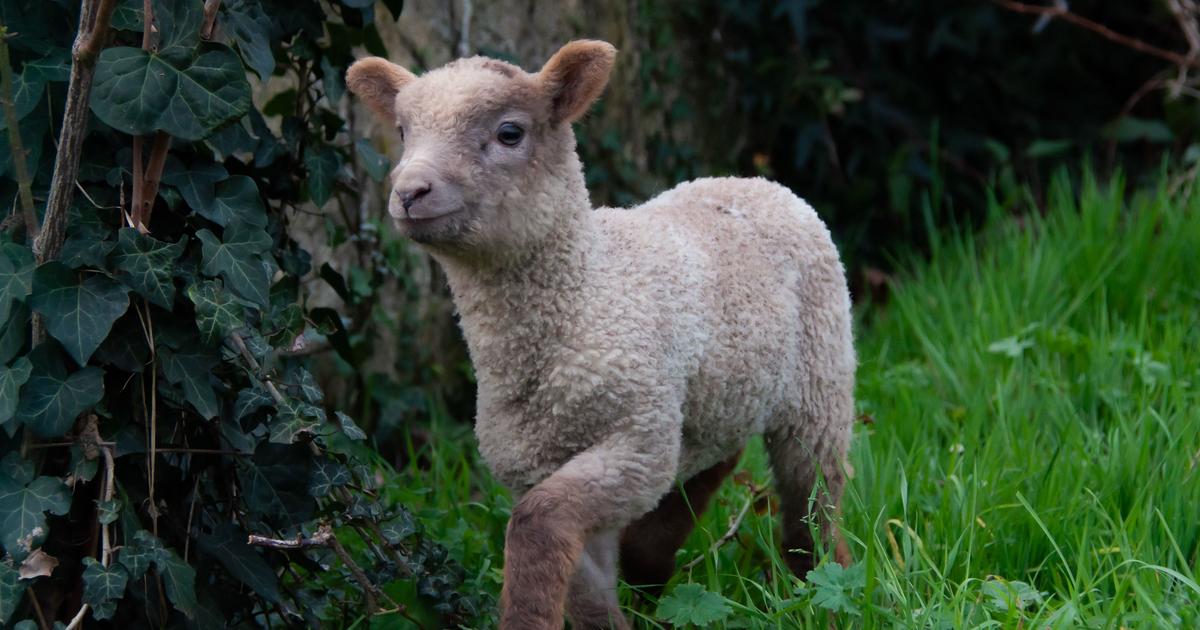A demonstration gathered 350 people on Saturday September 17 in Corcoué-sur-Logne, south of Nantes, to denounce the largest methanizer project in France intended to produce biogas from organic waste, noted an AFP journalist. .
“
They will know what a Gallic village is
”, quipped Claude Naud, the mayor of this town of some 3,000 inhabitants, who called for “
a moratorium
” on this project initiated in 2019. The demonstrators, who had paraded a first times in February 2021, were 500 according to the organizers and 350 according to the gendarmerie.
Attac and EELV flags
They strolled in music in the sunny streets of the village behind a banner proclaiming "Stop methanisation XXL" and with signs including one showing a cow transformed into a gas canister and covered with the word "no".
Attac and EELV flags were also visible.
Read alsoAnaerobic digestion: south of Nantes, an XXL project worries residents
"
Peasants are not made to produce plants that we will burn, destroy, to ferment, to produce gas
," commented Julien Durand, a retired farmer from Notre-Dame-des-Landes, who was a emblematic player in the fight against the abandoned airport project in the north of the department.
The role of farmers "
is first and foremost to feed the population healthily
", he added.
The scale of this biogas plant is "
too large because it does not meet a local need, so we have a lot of transport, importing raw materials, as well as exporting products
", continued Julien Durand, whose presence was welcomed by the organizers.
Fears of harm
The giant “Métha Herbauges” biogas plant is run by the Coop d'Herbauges cattle breeders' cooperative and the Danish company Nature Energy.
Read alsoThe smoky rise of methanization
The idea is to provide farmers with additional income through the management of their livestock effluents, manure and slurry, as well as intermediate crops (rye, sorghum) to make gas.
The objective is to transform nearly 500,000 tonnes of organic matter per year.
Anaerobic digestion has been a booming activity for 10 years, but often arouses fears of nuisances (pollution, odors, etc.) among local residents.















